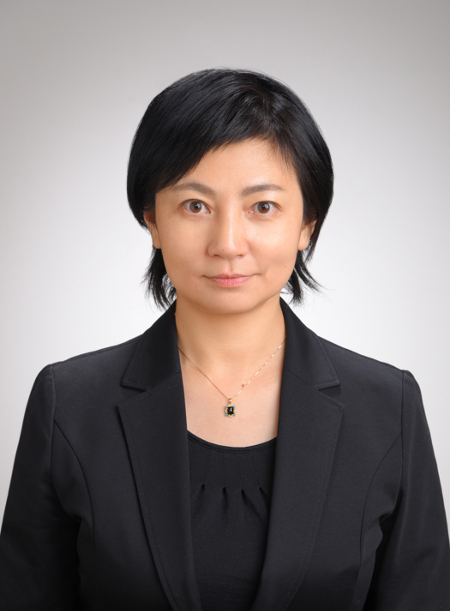 青山瑠妙是早稻田大学亚太研究中心教授,早稻田大学现代中国研究所所长。在庆应义塾大学法学部获取法学博士,并于2006年至2007年在史丹佛大学,2016年至2017年在乔治/华盛顿大学做访问学者。主要著作包括:《当代中国外交》(庆应义塾出版社,2008),《中国的公共外交》(国际交流基金会,2009),《中国的全球战略》(明石出版社,2011),《中国的亚洲外交》(东京大学出版社,2015),《超级大国/中国的走向》(东京大学出版社,2015),《中国外交史》(东京大学出版社,2017),Decoding the Rise of China (Palgrave Macmillan, 2018)等。《当代中国外交》获24届大平正芳纪念奖。
青山瑠妙是早稻田大学亚太研究中心教授,早稻田大学现代中国研究所所长。在庆应义塾大学法学部获取法学博士,并于2006年至2007年在史丹佛大学,2016年至2017年在乔治/华盛顿大学做访问学者。主要著作包括:《当代中国外交》(庆应义塾出版社,2008),《中国的公共外交》(国际交流基金会,2009),《中国的全球战略》(明石出版社,2011),《中国的亚洲外交》(东京大学出版社,2015),《超级大国/中国的走向》(东京大学出版社,2015),《中国外交史》(东京大学出版社,2017),Decoding the Rise of China (Palgrave Macmillan, 2018)等。《当代中国外交》获24届大平正芳纪念奖。
Full Text
簡体字 / 正體字/ English摘要:
特别是自2000年代中叶以后,中国越来越重视加强本国的软实力。通过分析中国对东南亚各国的公共外交,本文试图阐明两个问题:(1)1990年代之后的中国公共外交发生过何种转变,具有何种特征?(2)中国公共外交的意识形态的根基在哪里?
本文认为中国的公共外交经历了三个阶段, 目前的中国公共外交同时具有三个要素:“防御性公共外交”、“积极性公共外交”和“攻击性公共外交”。普世价值,马恩列毛的共产主义思想和中国的传统文化都为中国公共外交的提供理论基础,但是目前的中国公共外交无法立足于任何一种思想之上,导致中国的软实力缺乏意识形态的根基。
摘要:
特別是自2000年代中葉以後,中國越來越重視加強本國的軟實力。通過分析中國對東南亞各國的公共外交,本文試圖闡明兩個問題:(1)1990年代之後的中國公共外交發生過何種轉變,具有何種特征?(2)中國公共外交的意識形態的根基在哪裡?
本文認為中國的公共外交經歷了三個階段, 目前的中國公共外交同時具有三個要素:“防御性公共外交”、“積極性公共外交”和“攻擊性公共外交”。普世價值,馬恩列毛的共產主義思想和中國的傳統文化都為中國公共外交的提供理論基礎,但是目前的中國公共外交無法立足於任何一種思想之上,導致中國的軟實力缺乏意識形態的根基。
Abstract:
Since the mid-2000s, there has been great interest in China’s soft power. By looking at China public diplomacy toward ASEAN countries, this paper seeks to analyze the shifting discourses and ideological sources of China’s public diplomacy.
This paper argues that China’s public diplomacy towards ASEAN has the three strategic goals of “explaining China”, “disseminating information abroad so as to serve China”, and “protecting China’s national interests”, and these goals combine in a complex fashion. It concludes that China’s foreign policy philosophy today includes the three ideologies of universal values, Marxism-Leninism, and Chinese traditional thought, and as a nation that is poised to grow to a global superpower, China cannot depend completely on any one of the three ideologies in its foreign policy philosophy and vacillates between all three.